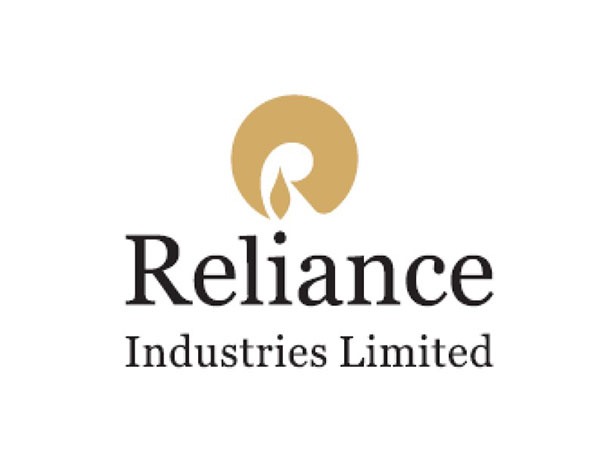Modi 3.0: Sitharaman retains finance ministry, take a look at key minister related to economy
Jun 10, 2024

New Delhi [India], June 10 : A day after the swearing-in ceremony, the BJP-led NDA government under Prime Minister Narendra Modi set the ball running by allocating key portfolios to ministers.
Nirmala Sitharaman has been entrusted with the critical portfolios of Finance and Corporate Affairs. This assignment underscores her continued role in India's economic policies and managing corporate governance.
The President of India, upon the advice of the Prime Minister, has formally allocated key portfolios to members of the Union Council of Ministers.
The official oath-taking ceremony took place on June 9, marking the commencement of the Modi 3.0.
This cabinet formation includes 30 cabinet ministers, 36 ministers of state (MoS), and 5 MoS with independent charge from the BJP and its allies, marking the establishment of the National Democratic Alliance (NDA) government under Prime Minister Narendra Modi's leadership.
As the country grapples with global economic uncertainties and domestic challenges, Sitharaman's experience will be pivotal in crafting fiscal strategies to sustain growth and stability.
Many of the ministers have been retained with their last jobs in the interest of continuity as well.
Nitin Jairam Gadkari's appointment as the Minister of Road Transport and Highways signifies the government's continued focus on infrastructure development and connectivity enhancement.
His track record of implementing innovative policies and delivering results in previous ministerial roles instils confidence in his ability to drive forward the transportation agenda effectively. Gadkari emphasized the importance of world-class roads for a USD 5 trillion economy.
Piyush Goyal has been given the portfolio of Commerce and Industry.
Goyal's appointment is seen as a move to bolster India's trade relations and industrial growth. With extensive experience in previous ministerial roles, he is expected to lead efforts in boosting exports, attracting foreign investment, and promoting the 'Make in India' initiative, which is crucial for economic expansion and job creation.
Hardeep Singh Puri has retained his position as the Minister of Petroleum and Natural Gas. This marks his continued tenure in a role critical to the nation's energy policies and strategic planning, as Prime Minister Narendra Modi's new cabinet embarks on its third term.
Ashwini Vaishnaw has been assigned a portfolio that includes the Minister of Railways, Minister of Information and Broadcasting, and Minister of Electronics and Information Technology.
Vaishnaw will oversee the modernization and expansion of India's railway network, a crucial element for national connectivity and economic growth.
In this role of Minister of IT, Vaishnaw will be responsible for regulating and facilitating the media landscape, ensuring the freedom and development of the press while addressing the challenges posed by digital transformation and misinformation.
Vaishnaw will also play a pivotal role in advancing India's digital economy, promoting IT innovations, and developing robust cybersecurity frameworks.
Manohar Lal has been appointed as the Minister of Housing and Urban Affairs, as well as the Minister of Power. His dual role is particularly significant as the government aims to accelerate urban development and enhance energy infrastructure.
Manohar Lal's focus will likely be on advancing the Smart Cities initiative and ensuring reliable, sustainable power supply across the nation, aligning with India's urbanization and renewable energy goals.
Jitan Ram Manjhi has been assigned to the Ministry of Micro, Small and Medium Enterprises (MSME), a sector that plays a vital role in India's economy.
Manjhi will be focusing on enhancing the competitiveness of MSMEs, providing them with the necessary support and resources.
His leadership is anticipated to drive policies that encourage entrepreneurship and innovation, helping to revitalize the sector which is crucial for employment and economic inclusivity.
The new government aims to strengthen the economy and improve infrastructure. The government also plans to balance welfare with development.
The allocation of these portfolios reflects the government's strategic priorities and its focus on economic development, infrastructure enhancement, and social equity.




















